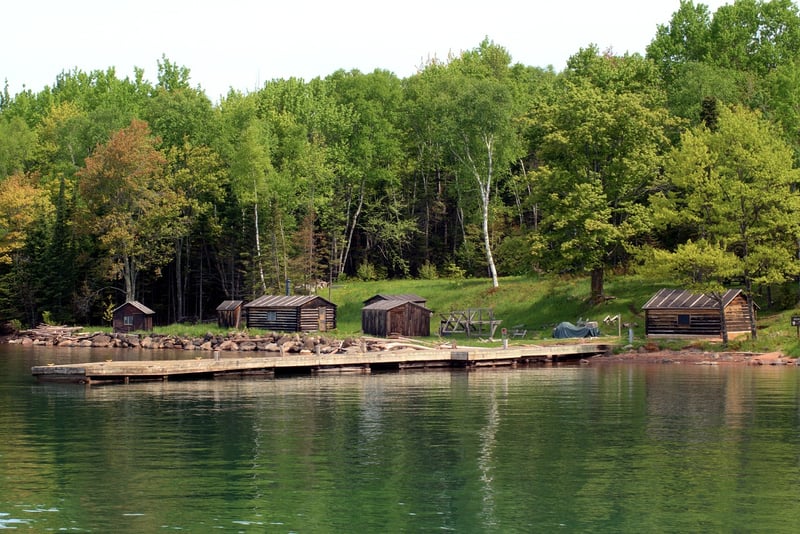Off-the-Grid
Exploring New Frontiers: The Thrill of Going Off-the-Grid

Are you looking to escape the hustle and bustle of everyday life? Do you crave adventure and seek solace in nature? If so, it might be time to consider going off-the-grid and exploring new frontiers.
What Does Off-the-Grid Mean?
Going off-the-grid refers to disconnecting from the modern amenities and embracing a simpler way of life. It involves living self-sufficiently, often in remote locations, without relying on public utilities such as electricity, water, or gas.
Benefits of Going Off-the-Grid
- Connect with Nature: Experience the beauty of untouched landscapes and wildlife.
- Self-Sufficiency: Learn to rely on yourself and live sustainably.
- Peace and Quiet: Escape the noise and distractions of urban living.
- Simplicity: Embrace a minimalist lifestyle and declutter your mind.
How to Go Off-the-Grid
- Find a Remote Location: Research and choose a secluded spot that aligns with your off-grid goals.
- Build or Buy an Off-Grid Home: Consider eco-friendly options like tiny houses or sustainable cabins.
- Alternative Energy Sources: Utilize solar panels, wind turbines, or hydroelectric systems for power.
- Water and Food Independence: Install rainwater collection systems and grow your food.
- Learn Essential Skills: Develop survival skills, gardening abilities, and basic repair knowledge.
Challenges of Going Off-the-Grid
While living off-the-grid can be rewarding, it also comes with challenges such as limited access to amenities, harsh weather conditions, and the need for constant maintenance of self-sustaining systems.
Are you ready to embark on a journey to new frontiers and experience the thrill of going off-the-grid? Pack your bags, leave behind the noise of the city, and embrace the simplicity and beauty of a life connected to nature.
Adventure awaits, are you up for the challenge?
